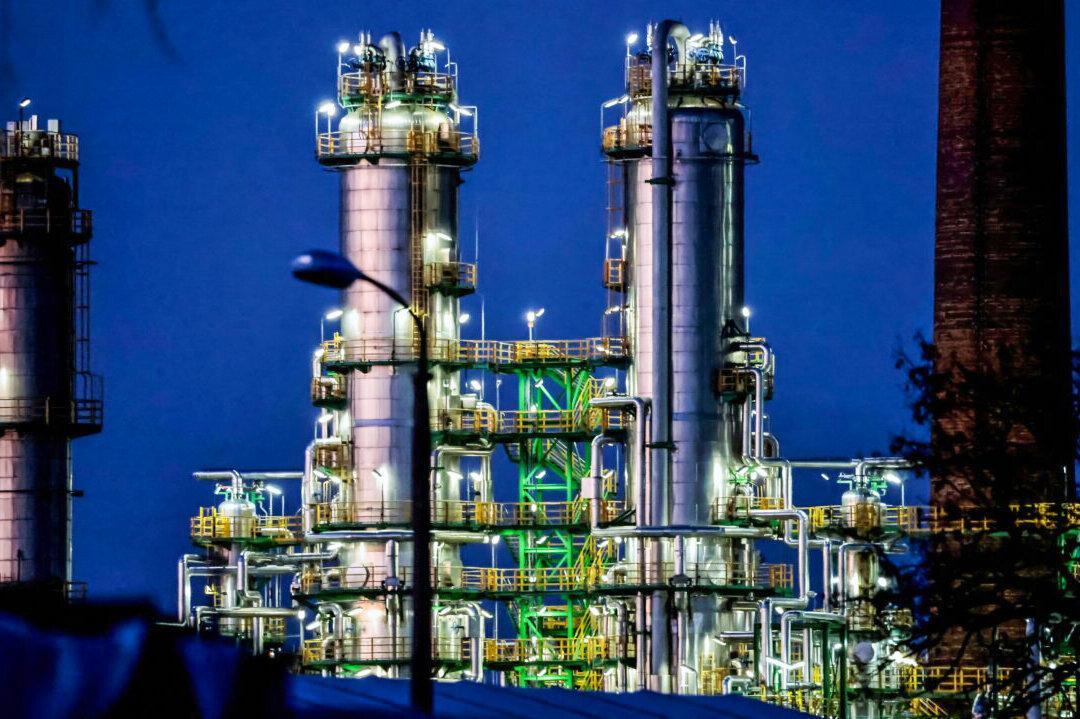The German government will take control of Gazprom Germania—the energy trading, storage, and transmission German subsidiary of Russia’s Gazprom—after being abandoned by its parent company on April 1.
Gazprom left Germany without warning on April 1, after the German business daily Handelsblatt reported on March 31 that Berlin was considering expropriating all Gazprom and Rosneft assets in the country amid concerns about the security of energy supplies.The Russian oil company gave no public details on its decision to terminate its stake in its holdings in Germany, which include subsidiaries in Britain, Switzerland, and the Czech Republic.
The gas company’s operations will be transferred to Germany’s regulatory Bundesnetzagentur (BNetzA), also known as the Federal Network Agency, to ensure energy security, said Economy Minister Robert Habeck on April 4, as tensions worsen between Russia and the European Union over gas and oil supplies.
“The arrangement of the trust administration serves to protect public safety and order and to maintain the security of supply,” Habeck said at a press conference. “This step is urgently necessary.”




